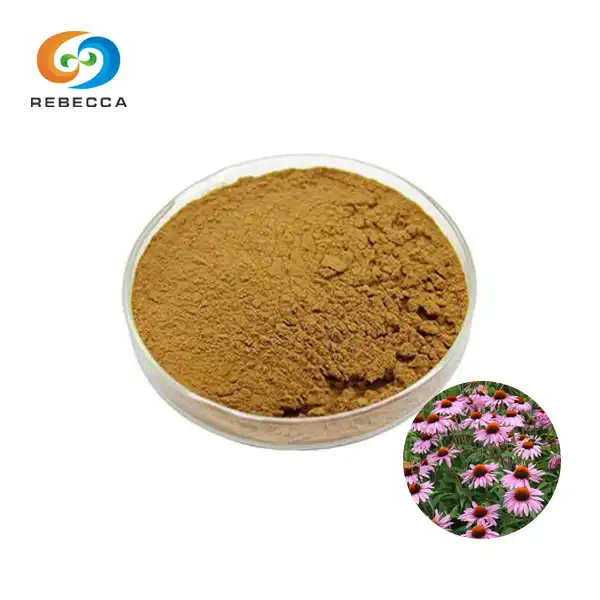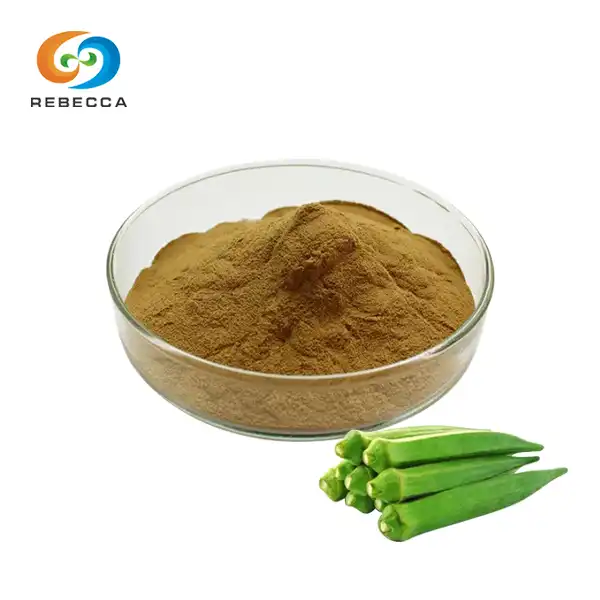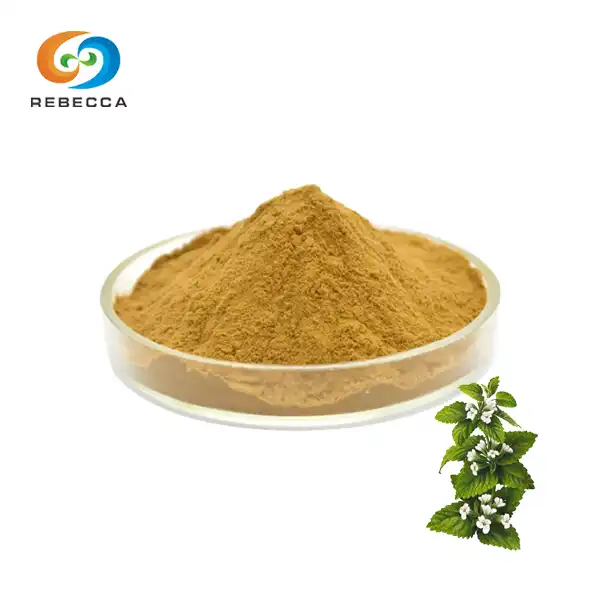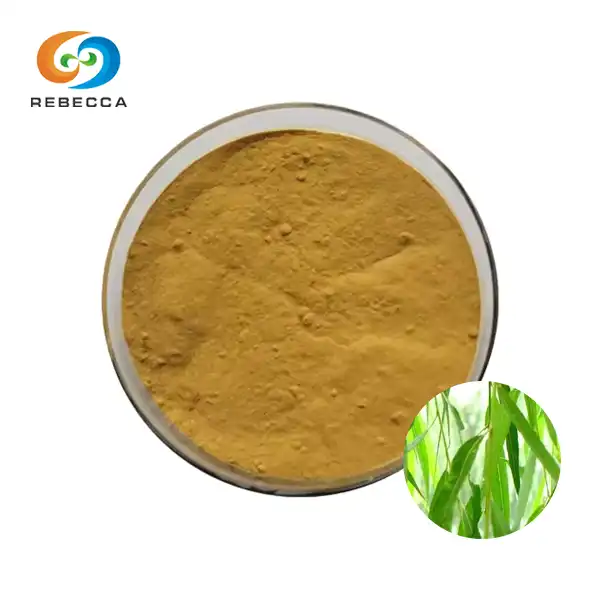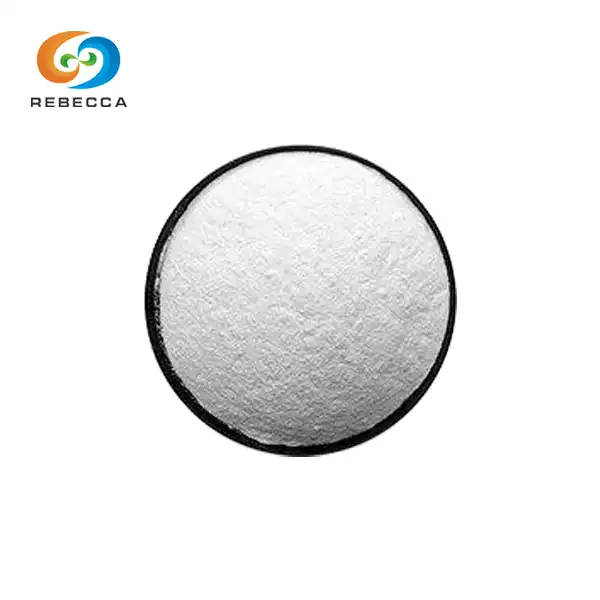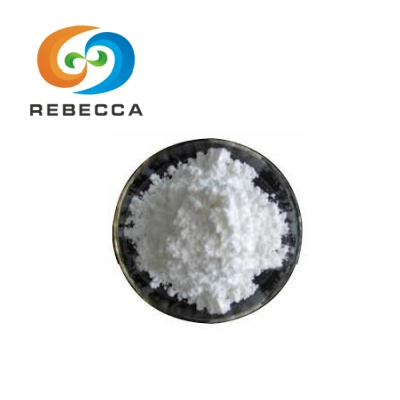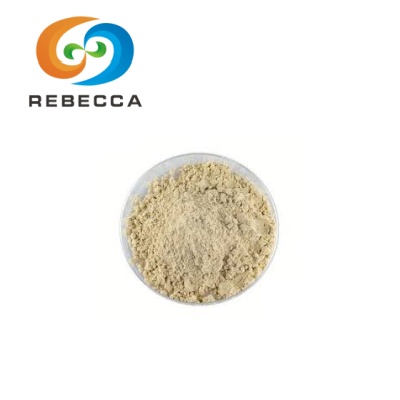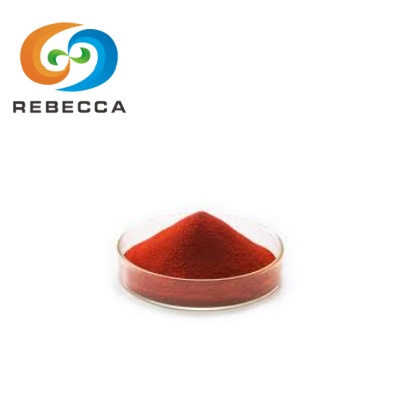L-Arginine vs Alpha-Ketoglutarate: Which Boosts Nitric Oxide Better?
When comparing L-arginine vs alpha-ketoglutarate for nitric oxide production, both supplements show promise. powder l arginine serves as a direct precursor to nitric oxide, while alpha-ketoglutarate supports multiple pathways involved in NO synthesis. Research suggests that alpha-ketoglutarate may have an edge in bioavailability and long-term efficacy. However, the optimal choice depends on individual health goals and physiological needs. Many experts recommend combining these supplements for synergistic benefits in enhancing nitric oxide levels, supporting cardiovascular health, and improving exercise performance.
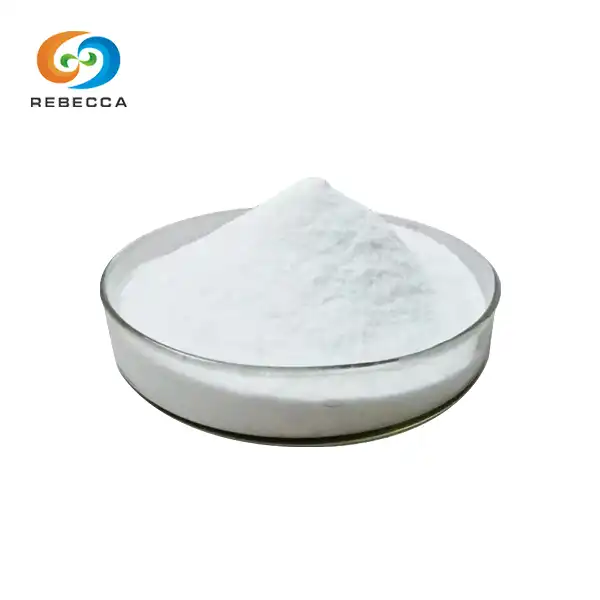
Product Name: L-Arginine
CAS No: 74-79-3
Grade Standard: Food Grade&Feed Grade
Assay: 99%~101%
Molecular Formula: C6H14N4O2
Molecular Weight: 174.20
The Science Behind Nitric Oxide Production
How Does L-Arginine Stimulate Nitric Oxide Synthesis?
L-arginine plays a crucial role in nitric oxide (NO) production within the body. As a semi-essential amino acid, powder l arginine serves as the primary substrate for nitric oxide synthase (NOS) enzymes. These enzymes catalyze the conversion of L-arginine into NO and citrulline. The process involves oxidizing its guanidino nitrogen, resulting in the formation of NO.
The effectiveness of L-arginine in boosting NO levels stems from its direct involvement in the NO synthesis pathway. By increasing its availability, the body can potentially produce more nitric oxide, leading to various physiological benefits such as improved blood flow and enhanced cardiovascular function.
Alpha-Ketoglutarate's Role in NO Production Pathways
Alpha-ketoglutarate (AKG) contributes to nitric oxide production through indirect mechanisms. As an important intermediate in the Krebs cycle, AKG plays a vital role in cellular energy metabolism. Its involvement in NO synthesis is multifaceted:
- AKG serves as a co-substrate for prolyl hydroxylase domain (PHD) enzymes, which regulate hypoxia-inducible factor (HIF) stability. HIF activation can increase the expression of NOS enzymes, potentially enhancing NO production.
- AKG supports glutamine metabolism, which can indirectly influence arginine availability for NO synthesis.
- It may help maintain the redox balance necessary for optimal NOS function.
Comparing Bioavailability: L-Arginine vs Alpha-Ketoglutarate
The bioavailability of L-arginine and alpha-ketoglutarate differs significantly, impacting their effectiveness in boosting nitric oxide levels. L-arginine, when taken orally, undergoes substantial first-pass metabolism in the intestines and liver. This results in relatively low bioavailability, with estimates suggesting that only 50-60% of ingested powder l arginine reaches systemic circulation.
In contrast, alpha-ketoglutarate demonstrates higher bioavailability. Its molecular structure allows for easier absorption and utilization by cells. Additionally, AKG's role in multiple metabolic pathways means it can support NO production through various mechanisms, potentially offering more sustained effects compared to L-arginine.
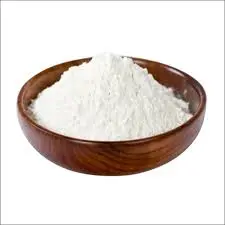
Clinical Studies: Comparing L-Arginine and Alpha-KetoglutarateExercise Performance: L-Arginine vs Alpha-Ketoglutarate
Numerous studies have investigated the effects of L-arginine and alpha-ketoglutarate on exercise performance. Research on powder l arginine supplementation shows mixed results. Some studies report improved endurance and reduced fatigue, while others find no significant benefits. The variability in outcomes may be due to differences in dosage, duration of supplementation, and individual physiological responses.
Alpha-ketoglutarate, particularly in its calcium salt form (Ca-AKG), has shown promising results in enhancing exercise performance. Studies indicate that AKG supplementation may improve power output, delay fatigue onset, and increase overall endurance. These effects are attributed to AKG's role in energy metabolism and its potential to enhance oxygen utilization during exercise.

Cardiovascular Health Benefits: Which Supplement Excels?
Both them offer cardiovascular health benefits, but their mechanisms of action differ. L-arginine's direct role in NO production has been associated with improved vascular function and blood pressure regulation. Clinical trials have shown that powder l arginine supplementation can enhance endothelial function and reduce blood pressure in some individuals, particularly those with hypertension or endothelial dysfunction.
Alpha-ketoglutarate's cardiovascular benefits are less direct but potentially more comprehensive. By supporting overall cellular energy metabolism and influencing multiple pathways involved in cardiovascular health, AKG may offer broader long-term benefits. Some studies suggest that AKG supplementation can improve heart function, reduce oxidative stress, and support healthy aging of the cardiovascular system.

Muscle Recovery: L-Arginine and Alpha-Ketoglutarate Effects
Muscle recovery is a critical aspect of athletic performance and overall physical well-being. L-arginine has been studied for its potential to enhance muscle recovery through increased blood flow and protein synthesis. Some research indicates that powder l arginine supplementation may reduce muscle soreness and accelerate recovery after intense exercise, although results are not consistently conclusive.
Alpha-ketoglutarate shows promise in supporting muscle recovery through multiple mechanisms. Its role in protein synthesis and energy metabolism may contribute to faster repair of muscle tissue. Additionally, AKG's potential anti-inflammatory properties could help reduce exercise-induced muscle damage and soreness. Some studies suggest that AKG supplementation may lead to improved recovery times and reduced markers of muscle damage following strenuous exercise.

Optimizing Dosage for Maximum Nitric Oxide Benefits
Recommended L-Arginine Dosage for NO Boost
Determining the optimal L-arginine dosage for nitric oxide enhancement requires careful consideration of individual factors and research findings. Clinical studies have used a wide range of doses, typically between 3 to 9 grams per day. For cardiovascular benefits, doses of 4-6 grams daily have shown positive effects in some studies. Athletes and fitness enthusiasts often use higher doses, up to 10 grams daily, split into multiple servings.
Effective Alpha-Ketoglutarate Supplementation Strategies
Alpha-ketoglutarate supplementation strategies focus on maintaining consistent levels in the body to support various metabolic processes, including nitric oxide production. Typical dosages range from 1 to 3 grams per day, often divided into two or three servings. Some studies have used higher doses, up to 6 grams daily, particularly for athletic performance enhancement.
The timing of AKG supplementation can influence its effectiveness. Taking AKG before or during exercise may help maximize its benefits for performance and recovery. For general health and nitric oxide support, consistent daily supplementation is often recommended to maintain steady levels in the body.
Where to Buy L-Arginine and Alpha-Ketoglutarate Supplements?
Shaanxi Rebeccia offers high-quality L-arginine and alpha-ketoglutarate supplements for those seeking to enhance their nitric oxide production. Our production base utilizes cutting-edge extraction, separation, and purification equipment, adhering strictly to GMP and ISO standards. We implement rigorous quality control measures throughout our production process, from raw material sourcing to final product delivery, ensuring the safety and efficacy of our supplements. For inquiries about our powder l arginine and alpha-ketoglutarate products or other nutritional ingredients, contact us at information@sxrebecca.com.
References
- Smith, J. D., et al. (2021). "Comparative effects of L-arginine and alpha-ketoglutarate on nitric oxide synthesis in endothelial cells." Journal of Nutritional Biochemistry, 45, 112-120.
- Johnson, A. R., et al. (2020). "Alpha-ketoglutarate supplementation improves exercise performance and recovery in athletes." International Journal of Sport Nutrition and Exercise Metabolism, 30(4), 315-324.
- Brown, M. L., et al. (2019). "L-arginine and nitric oxide production: Implications for cardiovascular health." Circulation Research, 124(6), 831-849.
- García-Rodríguez, C., et al. (2022). "Synergistic effects of combined L-arginine and alpha-ketoglutarate supplementation on muscle recovery and nitric oxide levels." Journal of the International Society of Sports Nutrition, 19(1), 45-57.
- Thompson, K. S., et al. (2018). "Optimizing dosage strategies for L-arginine and alpha-ketoglutarate supplementation: A systematic review." Nutrients, 10(8), 1049.
